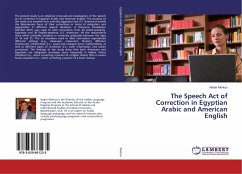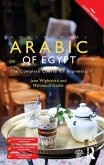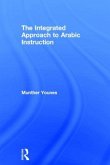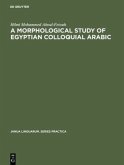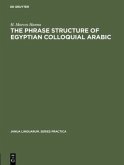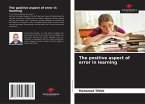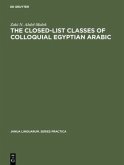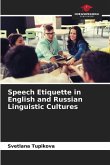The present study is an empirical cross-cultural investigation of the speech act of correction in Egyptian Arabic and American English. The purpose of the study is to examine how and why Egyptians and U.S. Americans modify the illocutionary force of their corrections in terms of mitigation and aggravation in different speech situations. A Discourse Completion Task/Test (DCT) was used to elicit corrections from 30 Arabic-speaking Egyptians and 30 English-speaking U.S. Americans. All the respondents were either university students or university graduates between the ages of 18 and 35. The six situations used to elicit corrections represented different settings (e.g., classroom, restaurant, theater), different interlocutor relationships (i.e., equal and unequal status relationships), as well as different types of correction (i.e., both information and action correction). The findings of the study show that both Americans and Egyptians use mitigation strategies more frequently in Higher Status situations (i.e., when correcting a person of a higher status) than in Lower Status situations (i.e., when correcting a person of a lower status).
Bitte wählen Sie Ihr Anliegen aus.
Rechnungen
Retourenschein anfordern
Bestellstatus
Storno

